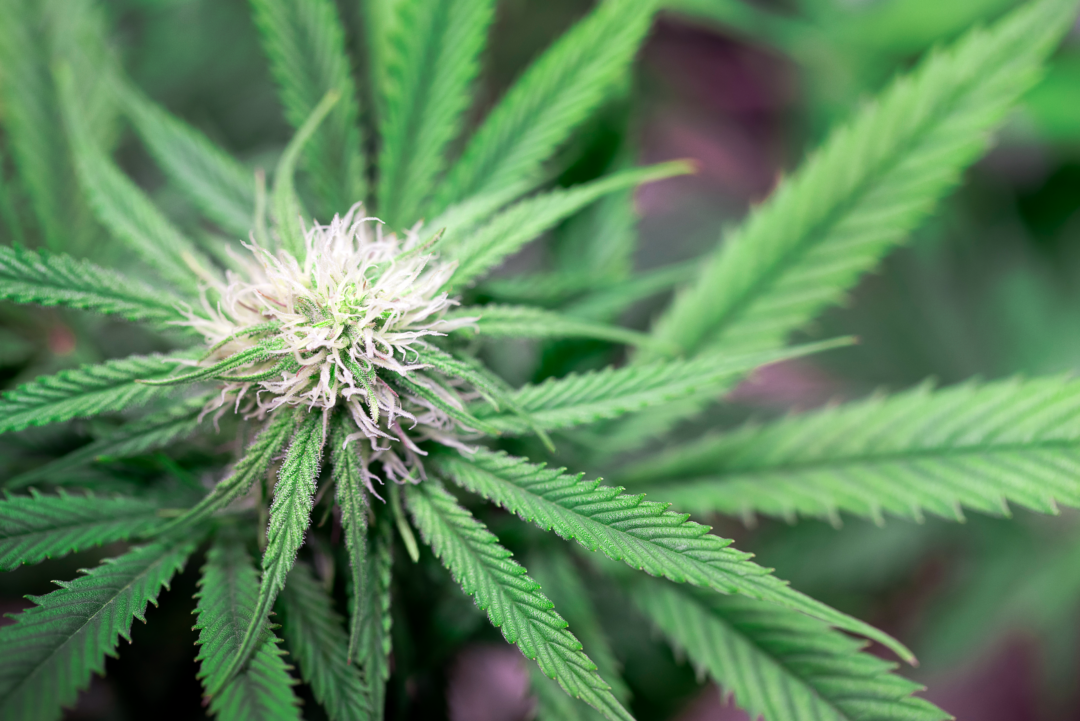Introduction to THCV:
THCV (short for Tetrahydrocannabivarin) is a minor cannabinoid gaining notoriety. It is rightly called “diet weed” or “weederall” because of its unique nourishing properties. THCV is rapidly making its place in the market because of the features that separate it from better-known cannabinoids like CBD and THC. The name might hint at an association with THC; however, this compound is not intoxicating. Moreover, its energy-boosting and appetite-curbing properties are winning hearts.
Effects and Benefits of THCV:
Have you been wondering about how THCV affects the body without interfering with mental capacities? Here is your answer!
- Appetite-curbing properties: People on their journey to weight loss may find a best friend in THCV. This fantastic cannabinoid can potentially suppress the appetite, helping people to feel full and nourished more quickly. However, those trying to gain weight or patients with anorexia may not benefit from this cannabinoid.
- Minimizing Panic Attacks: Although THCV is shown to have no psychoactive effects, it is proven to play a significant role in curbing panic attacks in PTSD patients. It does so without suppressing emotions or altering cognitive functions.
- THCV and Alzheimer’s disease: The research on this effect is still in progress. Nonetheless, the reports and claims suggest that the loss of motor control, tremors, and brain lesions that are prime symptoms of Alzheimer’s disease may be alleviated with THCV.
- THCV helps fight against diabetes: It might sound surprising, but reports back up THCV’s ability to reduce insulin resistance and regulate blood sugar levels. Thus, it may prove to be a natural gift for people with diabetes.
- Stimulation of Bone Growth: Research suggests that THCV might play a role in osteoporosis management; its property to promote the proliferation of new bone cells is responsible for this action. So, it might be highly beneficial for people with bone fractures and other bone-related pathologies.
Besides these effects and benefits, THCV may help with:
- Parkinson’s disease
- Acne
- Pain
- Epilepsy
- Fatty Liver Disease
- Bacterial inflammation
- Seizures
The research on THCV is still limited since federal regulations prevent scientists from covering all aspects of significant cannabinoids. However, some reports support THCV to be the antidote to THC. It may slow down the increased heartbeat and help you get rid of verbal recall issues and intoxication associated with THC intake.
Is THCV Intoxicating?
Despite being an analog of THC, THCV is non-intoxicating. That’s one of the main factors that makes THC and THCV differ. While THC is an agonist at cannabinoid receptors, THCV can either be an agonist or antagonist at CB2 receptors, depending on its dose. It may make you feel euphoric, happy, and energized, but it doesn’t interfere with cognitive function the way that THC can in some consumers.
What is THCV good for?
THCV is a cannabinoid of choice for people who want to experience the effects of cannabis without getting high. It is awe-inspiring for people trying to lose weight and enhance energy metabolism. Its appetite-curbing effect helps control obesity and thus diabetes.
Takeaway:
All cannabinoids hold a lot of perks. So why not try out as many as possible to see what works best for you? THCV might be a great starting point if healthy weight loss is one of your priorities, and you don’t need to look any further than Passion Flower to find a strain rich in this cannabinoid! Our Dutch Treat (available in flower, live resin, and our strain-specific Nectar Drops) regularly tests at between 1-3% THCV. While this might not sound like a lot, most cannabis strains don’t detect any THCV in testing – and a little can go a long way with this powerhouse minor cannabinoid. Give it a try and let us know what you think!
As always, thanks for reading,



